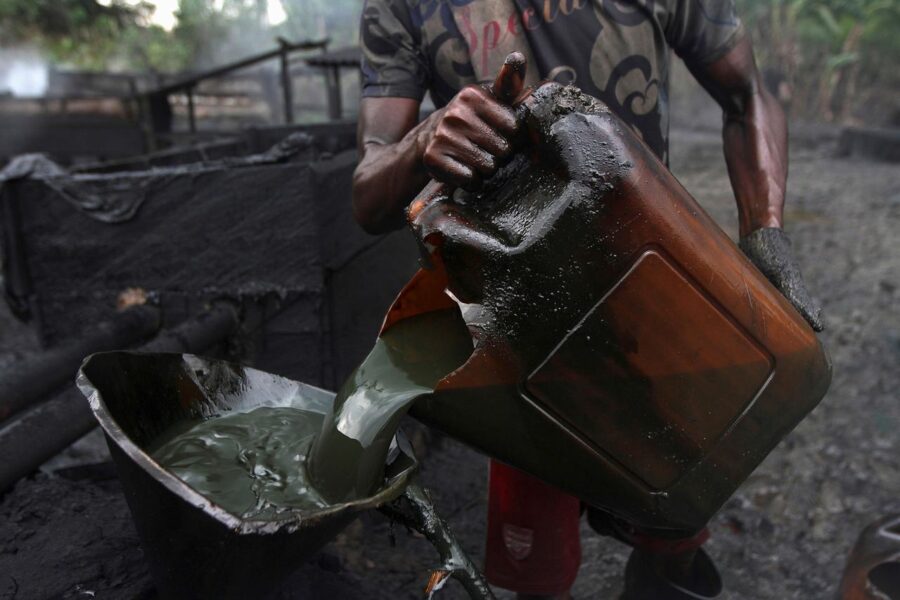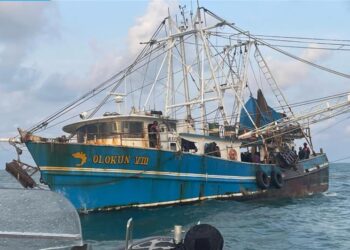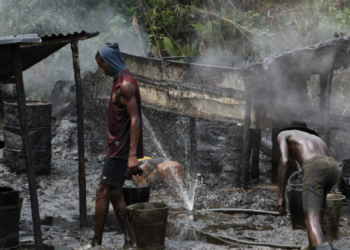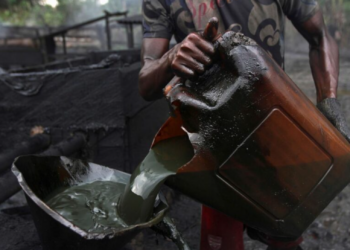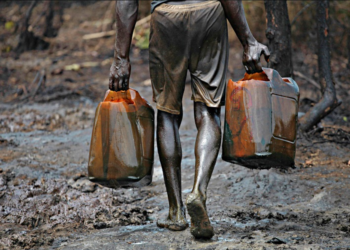Nigerian political economist Kingsley Moghalu said if crude oil theft leakages are plugged, Nigeria can afford social security bill of N1.8 trillion per year.
Moghalu made the claim in a policy paper co-authored with Damian Ude and titled “Nigeria’s poverty trap and how to end it”.
According to both Economists, crude oil theft is estimated to cost Nigeria about $700 million per month or $8.4 billion per annum. If security measures, effective fiscal reforms, and rational reductions in wasteful costs of governance are taken and consistent, Nigeria could reap great benefits. Part of the policy paper stated:
- “Nigeria can afford a stipend of N30,000 per month for such citizens who have no pensions. This would result in a social security bill of, at most, N1.8 trillion per annum for 5 million senior citizens (and there are significant numbers of senior citizens who get pensions and may not be eligible for social security, which should be targeted at persons living in extreme poverty).”
Petrol subsidies: The Economists also addressed the issue of petrol subsidies. According to them, the money could be channelled to social protection structures for poor citizens. In 2022, petrol subsidies received an allocation of N4 trillion. If subsidies were to be removed, Moghalu and Ude believe that this money could be channelled into investments in subsidized public transport systems in all local government areas in the 36 states and the Federal Capital Territory (FCT). This is to cushion the impact of subsidy removal on the poor and to help check inflationary trends that could arise from increased transportation costs.
According to them, a subsidized system, to be developed in a collaboration between the central and state governments, would require in reality only a small percentage of the fiscal resources presently spent on petrol subsidies by the federal government.
- “The balance saved from further spending on petrol subsidy, which in our estimate would not be less than N3.5 trillion per annum, would be better invested in social infrastructures such as education and healthcare, and targeted, transparently managed and effective social protection for poor citizens,” they opined in the policy paper.
For the record: The policy paper also cited the World Bank stating that although Nigeria has a Gross Domestic Product (GDP) of $440 billion, 95 million Nigerians will be considered extremely poor by 2022, up from the current national average of 89 million, or 43% of the population. This calculation is based on the extreme poverty mark of less than $2.15 a day. More than 90% of Nigerians live in poverty when compared to the $5.5 daily poverty limit.

